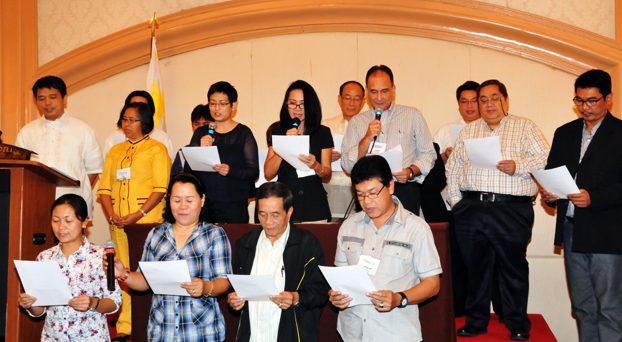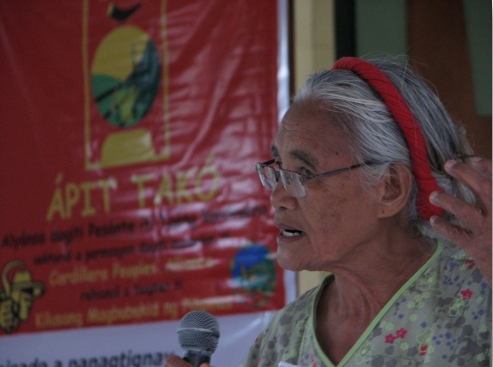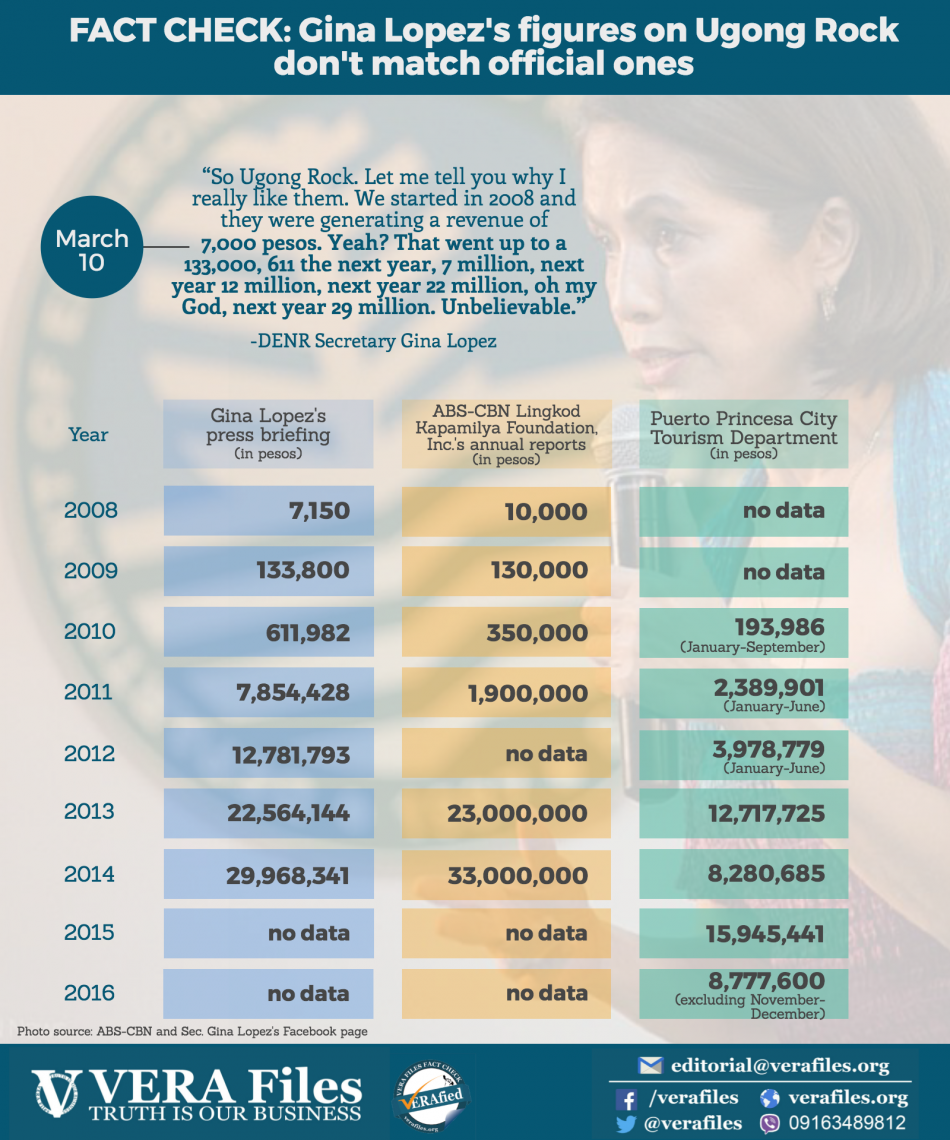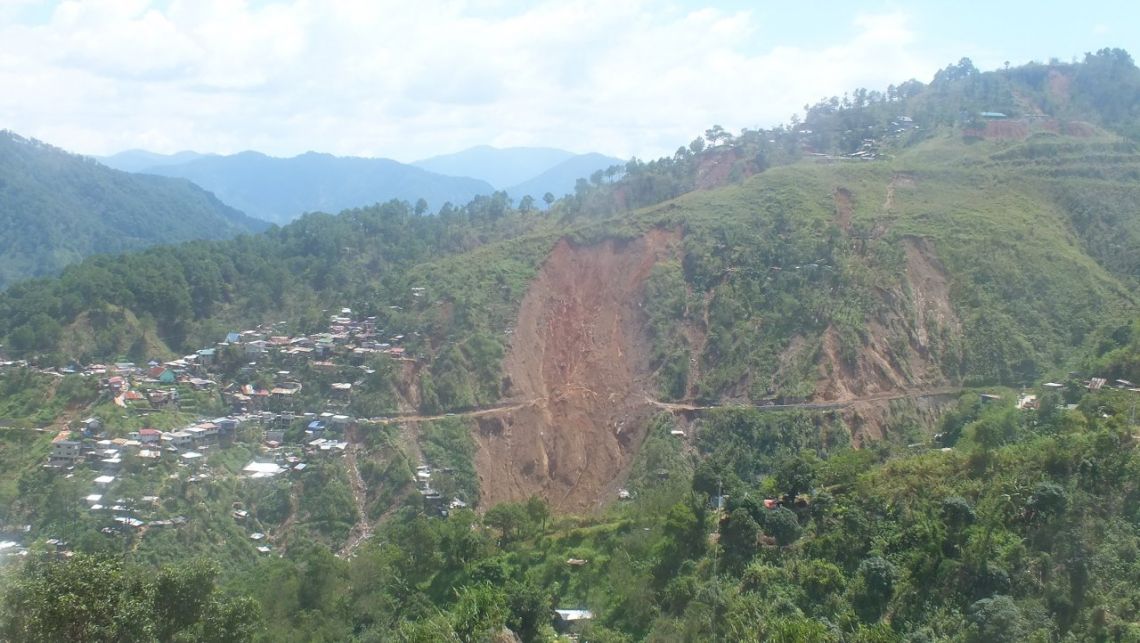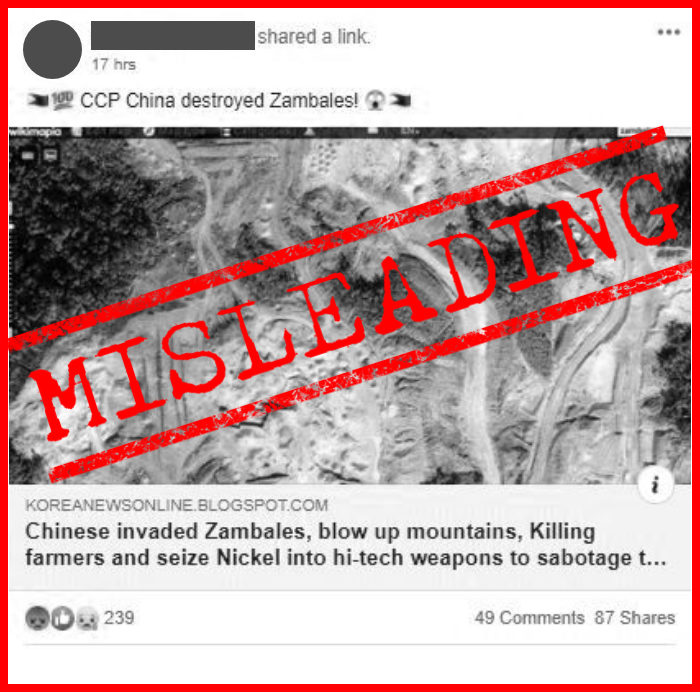By MARIE GAY ALESSANDRA V. ORDENES
HOW much is the government really getting from mining? How about other extractive industries such as gas and oil? How much is the industry actually paying the government? And, most important, do such payments comply with laws?
Filipinos should be getting the answers to these and other questions about the extractive industries after the government formed the Philippine Extractive Industries Transparency Initiative (PH-EITI) following the issuance of Executive Order No. 79.
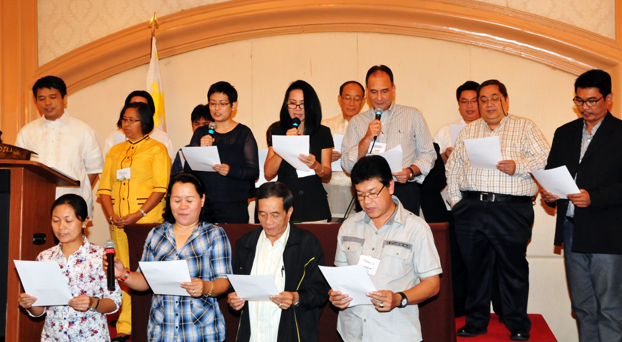
The Philippines was admitted as a “candidate” country by the EITI International Board on May 22 during the International EITI Conference in Sydney, Australia.
The Philippines now counts among the 37 countries that have committed to implement or are implementing the EITI, a global standard of transparency begun in 2003 that requires extractive industries to publish what they pay to the government, and the government to publish what they collect from these industries.
Presidential Assistant for Climate Change Sec. Elisea “Bebet” Gozun was appointed as the senior lead official of EITI in the country.
Nearly a year ago, the Aquino administration issued Executive Order 79 pledging to improve transparency, accountability and governance in the mining sector.
Mining contribution to the gross domestic product in 2012 was P72.8 billion or 0.7%, while its contribution to total exports was $2.2 billion for minerals and $145 million for non-metallic minerals. Mining contribution to total employment was reported to be 0.7%.
Also for the year 2012, fees, charges and royalties for mining collected by the Mines and Geosciences Bureau (MGB) and local government units reached P1.6 billion. On the other hand, the amount of taxes collected by national government agencies for the same year was P5.8 billion, while those collected by local government units was P496.6 million.
These figures, however, are attributed mainly to large scale mining even though there are a lot of small-scale mining activities, majority of which are illegal. The production of these illegal operations cannot be accounted for, and they do not pay any taxes or fees.
The Philippines applied to be a candidate country after the government, the civil society and the industries constituted themselves into a multi-stakeholder group that serves as the governing body of Philippine EITI.
Government agencies involved in EITI implementation are the Department of Finance, which the PH-EITI will be under, Department of Environment and Natural Resources, Department of Energy and the Union of Local Authorities in the Philippines.
Bantay Kita Philippines, a broad coalition of nongovernmental organizations advocating for transparency and accountability, represents mainly civil society.
The industries are represented by the Petroleum Association of the Philippines, Chamber of Mines Philippines and an elected representative from non-Chamber members.
In implementing the EITI, the multi-stakeholder group will adopt a uniform procedure for reporting of payments and revenues to help the government monitor and regulate the extractive industries, as well as generate relevant data and information vital in crafting policies.
While this information is presently accessible from the MGB and other government agencies, what the EITI seeks to find out is whether there are discrepancies between what the government reports as collection and what the industries report as payments.
Existing practices do not have a mechanism in place to examine and determine such discrepancies, if any. If there are discrepancies, this should be explained in the EITI report.
Moreover, as opposed to the current situation where the data is insuffiently disaggregated, the EITI aims to break down information on revenues in order to determine exactly how much these industries contribute to the economy.
Participation in the EITI is expected to promote transparency among industry players and level the playing field, making the country more attractive to investors.
Civil society organizations, on the other hand, will be able monitor both industries and government, and push for advocacies on the basis of the information that the EITI report will generate.
Publication of payments will also aid local communities in monitoring the exact benefits that they are entitled to, including those under the Social Development and Management Program mandated by the Mining Act, Environment Protection and Enhancement Program (EPEP), payments to local government units, shares of local government units from payments to national government, and royalty payments to indigenous peoples.
The government is scheduled to submit a country report to the EITI International Board on Nov. 22, 2014. The report is supposed to contain the following data:
- Government’s production entitlement, taxes, royalties, dividends, bonuses and other fees related to mining operations
- Payments-in-kind or social expenditures
- Subnational transfers to local governments
- Contextual information about extractive industries in the Philippines, including the extractive industries’ legal framework and fiscal regimes
- Overview of extractive industries and their contribution to national economy
Countries are also encouraged, though not yet required, to include information on revenue management and expenditures and copies of contracts.
Candidate countries like the Philippines are given up to five years to meet all the requirements to become EITI compliant or be delisted. At present, 21 out of the 37 participating countries have been declared EITI complaint.
So far, positive results have been reported in a number of countries implementing the EITI.
In Nigeria, the massive public debate generated by EITI reports has led to the recovery of $2 billion worth of government revenue after it was discovered that about $10 billion worth of payments was missing.
Mongolia experienced a 12.3 percent economic growth last year, a development attributed in part to its implementation of the EITI.
Policy reforms have also been instituted in some countries as a result of EITI reporting, as was the experience in Ghana where the government was compelled by strong public debate to increase royalty rates in mining.
In Peru, the new mining tax was largely influenced by the country’s lessons from EITI implementation. Togo and Zambia, on the other hand, have used EITI reports in resolving deficiencies in revenue collection and in shedding light on tax compliance issues.
EITI is said to have also become a venue for bringing opposing parties together in post conflict countries such as Afghanistan, Democratic Republic of Congo, Iraq and Liberia.
Improvements in government systems, especially in matters involving revenue collection, have also been reported. In Sierra Leone and the Democratic Republic of Congo, the information generated from EITI reports aided the government in introducing reforms in monitoring licenses and collecting revenues.
To a certain extent, the more ambitious goal of addressing corruption has been addressed in some EITI implementing countries like Timor Leste where it has been observed that timely and comprehensive reports can at least dispel concerns about corruption.
(Marie Gay Alessandra V. Ordenes is a lawyer specializing in administrative law, public office, and procurement. She is the national coordinator of PH-EITI.)
